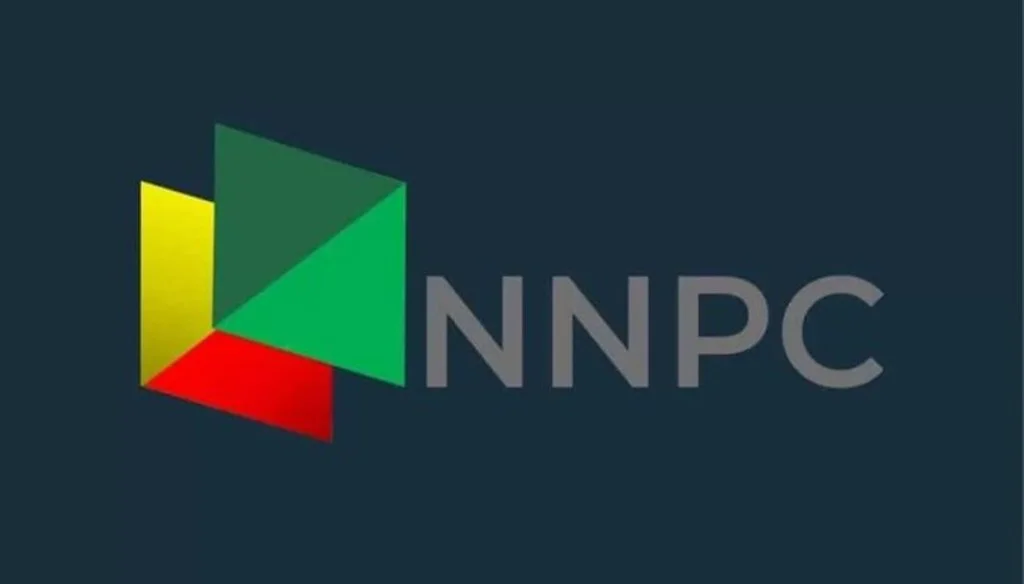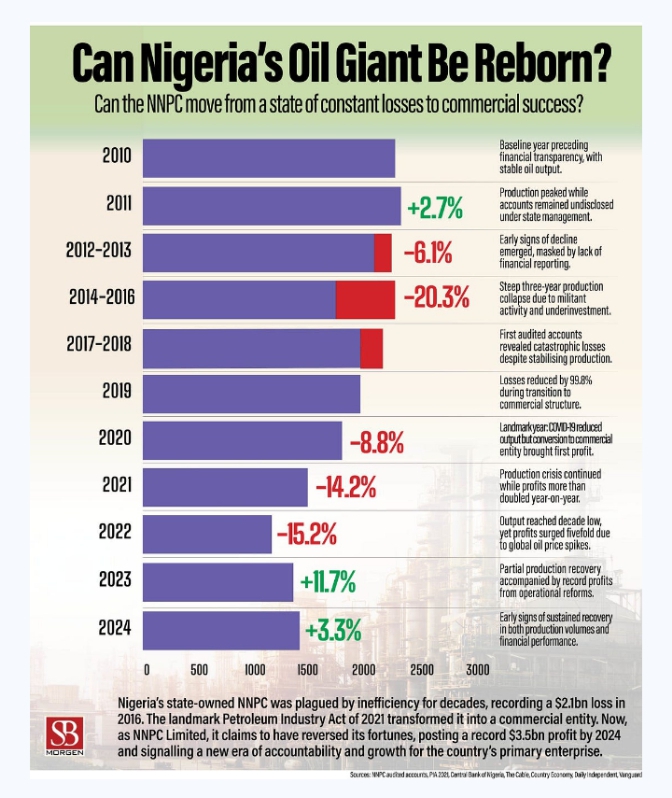Nigeria’s NNPC faces a Senate summons over $137bn discrepancies, despite reporting a $685 mn May profit and targeting increased oil output.
Nigeria’s Senate Public Accounts Committee has summoned the NNPC to address audit discrepancies totalling over ₦210 trillion, rejecting a request for delay and warning of contempt for non-compliance. Simultaneously, NNPC reported a ₦1.05 trillion after-tax profit, with May revenue at ₦6 trillion. Nigeria’s oil production has risen to 1.745 million bpd, with ambitions to hit two million bpd by 2025.
Meanwhile, Dangote Refinery slashed its petrol ex-depot price to ₦840/litre amid falling global oil prices and plans nationwide distribution from August.
Nigeria’s economic landscape is currently defined by a troubling duality: persistent issues of financial accountability within state-owned enterprises and the burgeoning threat of monopolistic practices in critical sectors. This is starkly illustrated by the recent actions of the Senate Public Accounts Committee, which has summoned the NNPC to address staggering audit discrepancies totalling over ₦210 trillion. This colossal figure, encompassing ₦103 trillion in accrued expenses and ₦107 trillion in receivables, raises profound questions about transparency and internal controls. The situation is particularly egregious given that a key subsidiary, NAPIMS, reportedly declared a ₦9 trillion profit over a similar period while the parent company showed a loss.
The Senate’s firm stance, warning of contempt for non-compliance, underscores the severity of this long-standing issue, which we have previously highlighted as “murky waters” of unaccountability within NNPC’s financials.
While the NNPC simultaneously boasts of a ₦1.05 trillion after-tax profit and ambitious targets to increase oil production to two million barrels per day by 2025, these figures ring hollow against the backdrop of such vast unexplained discrepancies. Indeed, Nigeria’s average daily crude oil production has only seen a modest increase from 1.25 million barrels per day in 2023 to 1.45 million barrels per day in Q1 2024, remaining significantly short of the two million bpd target and still below OPEC quotas. This persistent disconnect between reported profits and underlying financial opacity signals a deeper problem of governance and public trust. The new NNPC administration must confront these tough questions about the corporation’s activities and finances, particularly as the corporation appears out of touch, responding belatedly to events of previous weeks amidst bureaucratic inertia.
Compounding these issues is the emergence of Dangote Refinery (DR) as a dominant player in the downstream sector. DR’s recent agility in adapting to market circumstances, such as swiftly increasing prices during the Israel-Iran conflict when crude oil rose from below $65 to over $75 per barrel, and then reducing them to ₦840/litre following a ceasefire and falling global oil prices, demonstrates its nimbleness. While seemingly beneficial for consumers in the short term, this rapid adaptability by a single entity, coupled with plans for nationwide distribution from August, presents a significant concern. We have previously warned that such a scale of distribution, “if left unchecked, could significantly undermine the independence and survival of thousands of small and medium-scale operators.”
The Independent Petroleum Marketers Association of Nigeria (IPMAN) has echoed these fears, cautioning against allowing a single entity to control the entire fuel supply chain. They argue that such a monopoly, regardless of initial incentives, could distort market pricing and effectively push out smaller players. Nigeria risks trading a public monopoly for a private one, potentially hindering genuine market competition and leaving the country vulnerable to the whims of a single powerful entity. The need for robust regulatory oversight and transparency, both for NNPC’s finances and Dangote’s market practices, is more urgent than ever to ensure sustainable economic growth and protect consumer interests.
Source: SBM Intelligence










